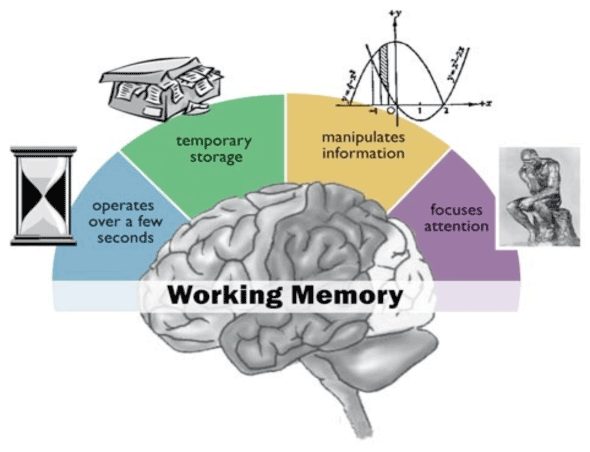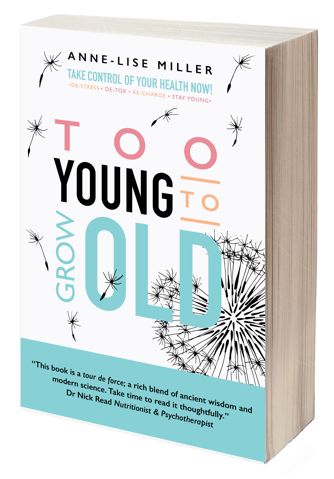Recent research has highlighted that a memory is not a fixed event, made up of stored data (synaptic connections) as previously thought. Everytime we recall a memory we are in actual fact re-creating it and the areas of the brain involved in memory is also invloved in imagination and projecting into the future.
Reserchers working with post traumatic stress have recently highlighted the benefits of the drug Propranolol. This is a beta blocker used to treat cardiovascular  conditions, elevated blood pressure and anxiety.
conditions, elevated blood pressure and anxiety.
As reported by Medical Daily:1
"Having analyzed data from a variety of studies, researchers found that propranolol given before memory consolidation reduced subsequent recall for negatively-perceived stories, pictures, and word lists. Use of propranolol before reconsolidation also reduced subsequent recall for words with negative impact as well as the expression of cue-elicited fear responses."
What makes this particular finding fascinating is that for the drug has to be recalled after taking proponolol to be effective and to affect subcequent memories and associated emotional response. The drug appears to inhibit proteins that enable the memory to be saved again. By taking the drug, followed by recalling the memory, the emotional pain that goes along with it can be reduced over time and repetition.
Interstingly this is what I have observed in my practice from using Emotional Balancing techniques taken from my Systematic Kinesiology training. Those include accupuncture points "tapping", lymphatic reflex rubbing and eye exercises while getting the person to describe the momory or the pain associated with it. This is followed by a positive resolution and pro-active solutions to the painfull memory such as reframing the event or its emotional response.
Perhaps the propanolol research has found an explaination for such techniques as NLP and EFT and proven why they actually work. To me it shows the importance of anchoring the therapy with the memory for it to be effective.
I beleive this important aspect can be applied to pain, anxiety and therapy in genreal. Because we are so keen to avoid suffering, we might think that going into the problem is not useful but I argue that on the contrary to go into it prior to treatment and while receiving treatment is part of the treatment. Applied to a physical treatment and in the hands of a trained therapist this is what normally happen. There is a prior discussion/consultation about the problem before the treatment. In the case of nutrition (or medication) it follows that evoking the reason for taking it each time we ingest it will make it more efficacious.


